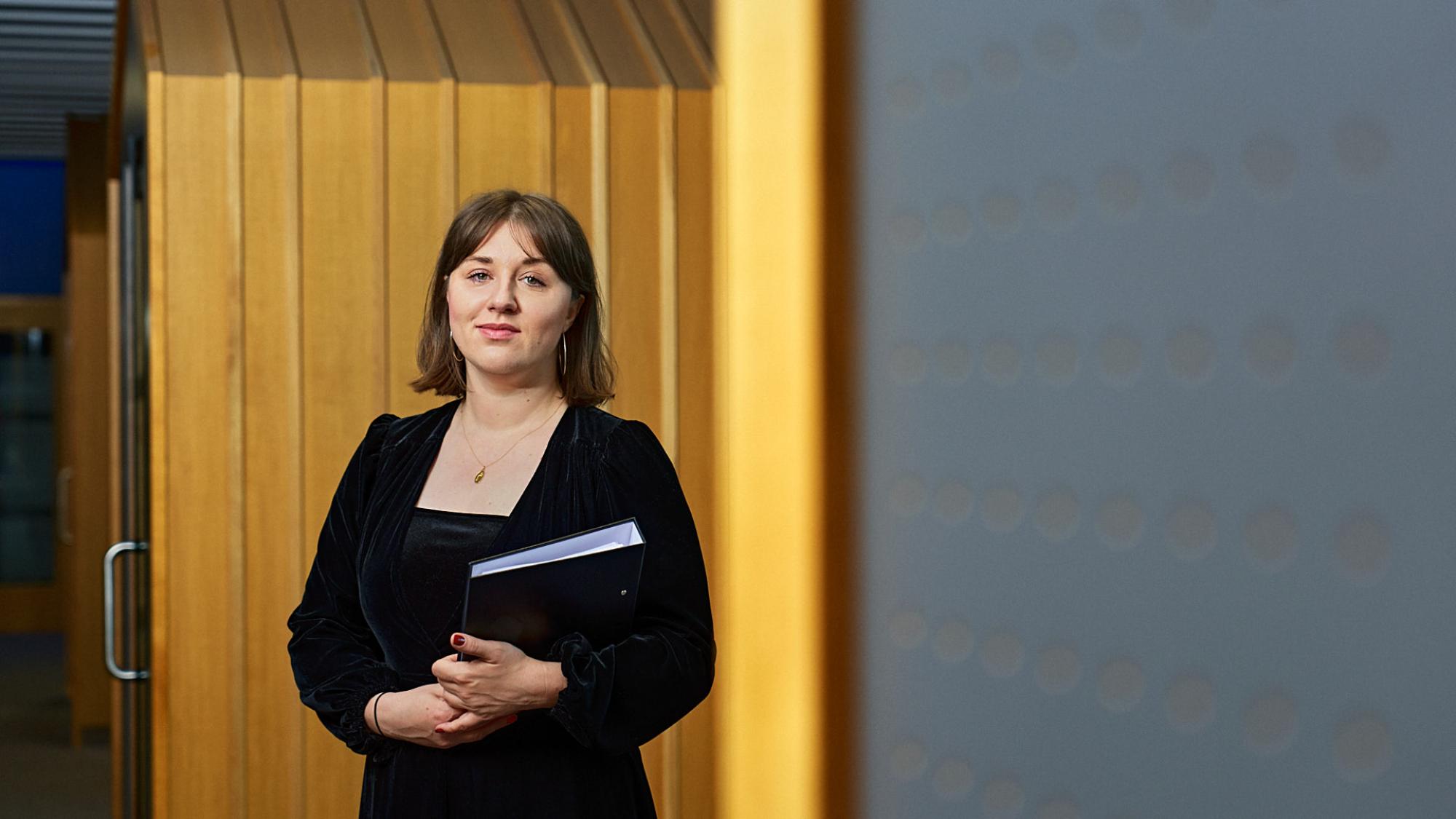"We have to increase knowledge and understanding" – Misogyny and climate change denial motivated researchers

The most important thing is to increase knowledge and understanding amidst the flood of emotions and opinions. This is how Sonja Pietiläinen justifies her research. Pietiläinen’s recent dissertation, “The Racial Geography of the Far Right: Climate Policy in Finland and Russia,” examines the connection between the radical right and environmental and climate crises.
“Sometimes the work has been heavy, but I never thought about giving up,” Pietiläinen begins and explains why:
“I have always been interested in phenomena that seem to become mainstream and that involve strong conflict. Parliamentary far-right movements have become some of the most significant political actors in the past decade, and there is only little researched information on the topic. As a researcher, I want to increase understanding and shed light on these phenomena to support people’s reflections. Increasing knowledge is the most important thing.”

According to Pietiläinen, one of the most important findings of the research is the observation that the far right has promoted the normalization of various forms of racism.
“This also includes, for example, framing climate change as a problem for certain groups of people or denying climate change altogether,” Pietiläinen says.
“The far right’s climate obstructionism is tied to racist ecology, for example, by creating various generalizing, derogatory, and misanthropic ideas and stereotypes about, say, different nations’ ‘genetic’ relationship with nature.”
Sonja Pietiläinen has worked as a doctoral researcher at the Geography Research Unit at the University of Oulu. She has been conducting her research for five years. During her work, she says she has also had to protect herself personally and has faced, among other things, threats and belittlement.
“For example, I have been called names on public platforms in many different ways, threatened, and told that I am not a right kind of person. Still, I think that as a researcher, I must bravely face even difficult topics. That is my duty. The support of friends, family, and the scientific community sustains me.”
Linguist is Driven by Equality
Matti Nikkilä defended dissertation at the end of October on misogyny found on online image boards. Image boards are social media platforms where images are shared and discussions are held anonymously. For example, Ylilauta is known as a source of online hate supporting the far right.
Nikkilä became interested in the topic through so-called Gamergate. In 2014, misogyny began to appear in gaming communities, which led the researcher to follow the discussions and eventually to image boards as well.
“No one can think like that, was my first thought. Opinions were justified with scientific arguments and strong rhetoric was used. Image boards became misogynistic places. I realized that, as a linguist, I could delve into these issues,” he says.
Nikkilä’s dissertation is in the field of English language, and his method is nexus analysis. He identifies the argumentative strategies and discussion tactics used by those writing on image boards—and he is concerned. “The aim is to offend under the guise of humor.”
Image boards seek to influence public discourse and its forms. The researcher wants to make it known that the activities of image boards are unethical.
“Gender equality is important to me, and I consider my topic through the lens of equality. While conducting my research, I have wondered how young men writing on image boards can think so simplistically.”
Matti Nikkilä has received hostile comments because of a newspaper article of his that was shared on Ylilauta. “It is common for individual excerpts from research to be picked out and then outrageous claims made on that basis. References are important because they create credibility.”
He values being able to do this kind of research and feels there is nothing to fear. “If I could even awaken a few people to understand what their actions online could mean for others. Empathy belongs in human interaction,” he says.